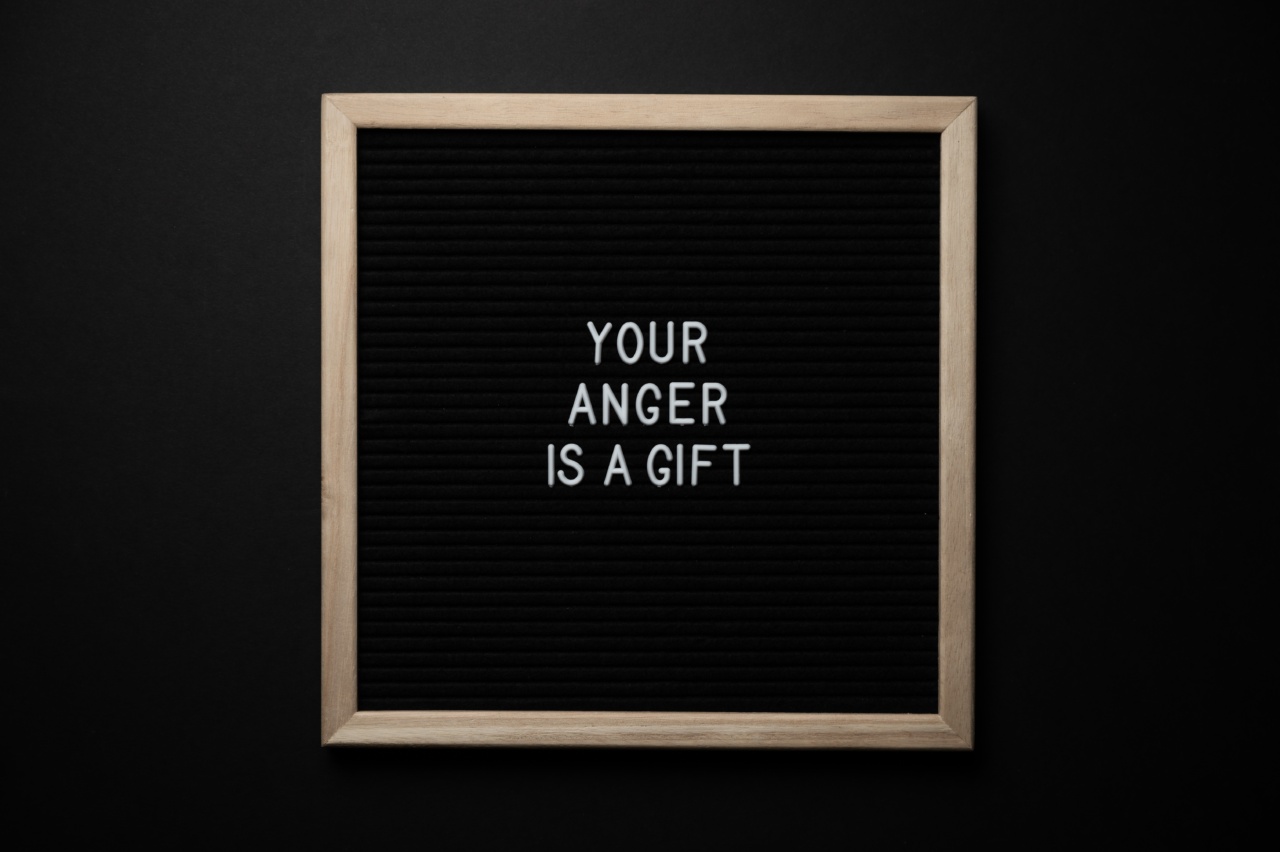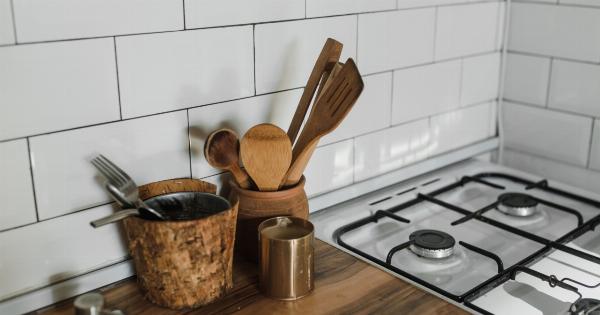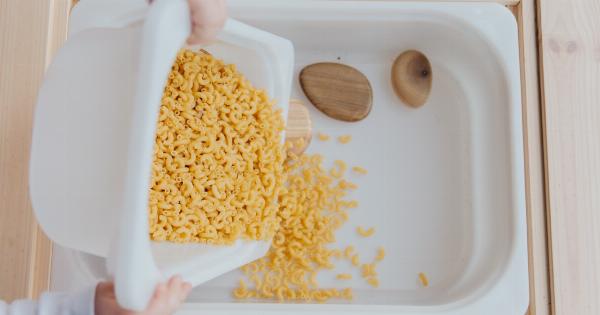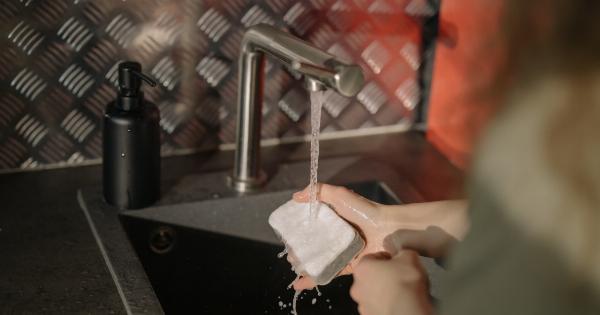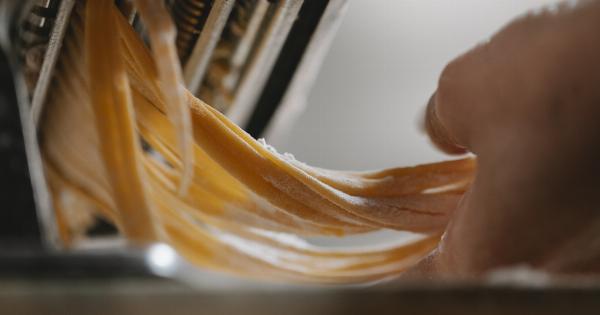Tapper and wooden utensils are common tools found in many kitchens. They are not only functional but also add a rustic charm to your cooking experience.
However, just like any other kitchen tool, it is essential to pay attention to their condition and cleanliness to ensure both hygiene and longevity.
The Importance of Regular Maintenance
Maintaining your tapper and wooden utensils is crucial for several reasons.
1. Hygiene
Wood is porous and can absorb liquids, food particles, and odors. This makes wooden utensils a breeding ground for bacteria if not properly cleaned. The accumulation of bacteria can cause cross-contamination and potential health risks.
2. Durability
Regular maintenance and care can significantly extend the lifespan of your tapper and wooden utensils. Proper handling and cleaning can prevent them from cracking, warping, or splintering.
This ensures that you can enjoy the use of your utensils for years to come.
How Often Should You Change Them?
The frequency of changing your tapper and wooden utensils depends on various factors:.
1. Wear and Tear
Inspect your utensils regularly for signs of wear and tear. If you notice visible cracks, deep grooves, or splintering, it’s time to replace them. These damages can affect their functionality and pose a safety risk.
2. Stains and Odors
If your wooden utensils develop stubborn stains or produce lingering odors even after proper cleaning, it may be a sign that it’s time to get new ones.
Over time, the porous nature of wood can absorb substances that are difficult to remove completely.
3. Scratches and Dents
Wooden utensils with deep scratches, dents, or gouges in the surface can harbor bacteria and are harder to clean thoroughly. Consider replacing them if they are in a state where proper cleaning becomes a challenge.
4. Frequency of Use
The more frequently you use your tapper and wooden utensils, the faster they will wear out. If you use them daily, it’s recommended to inspect them more frequently for signs of deterioration and replace them as needed.
However, if you only use them occasionally, they may last longer before needing replacement.
Tips for Maintaining Your Tapper and Wooden Utensils
To maximize the lifespan of your tapper and wooden utensils, follow these maintenance tips:.
1. Hand-Wash Only
Avoid using a dishwasher to clean your wooden utensils as the high temperature and harsh detergents can damage the wood. Instead, gently hand-wash them with warm soapy water and immediately dry them thoroughly to prevent moisture absorption.
2. Regular Oil Treatment
Apply food-grade mineral oil or wood conditioner to your wooden utensils regularly. This helps to prevent drying and cracking, as well as create a protective barrier against moisture.
Follow the manufacturer’s instructions for the recommended frequency of oil treatment.
3. Avoid Soaking
Avoid soaking your wooden utensils in water or any other liquids. Prolonged exposure to moisture can cause the wood to swell, warp, or even develop mold. Instead, wash them quickly and dry them immediately.
4. Use Non-Abrasive Cleaners
When cleaning your tapper and wooden utensils, use non-abrasive cleaners and soft brushes. Avoid harsh scrubbing brushes or abrasive materials that may damage the wood’s surface.
5. Store Properly
Store your tapper and wooden utensils in a well-ventilated area away from direct sunlight and heat sources. This helps prevent excessive drying, warping, and cracking.
Using utensil holders or racks can also keep them organized and prevent unnecessary damage.
Conclusion
Regular maintenance and attention to cleanliness are essential to ensure the longevity and hygiene of your tapper and wooden utensils.
By inspecting them regularly, following proper cleaning techniques, and knowing when to replace them, you can enjoy their functionality and charm for an extended period.
